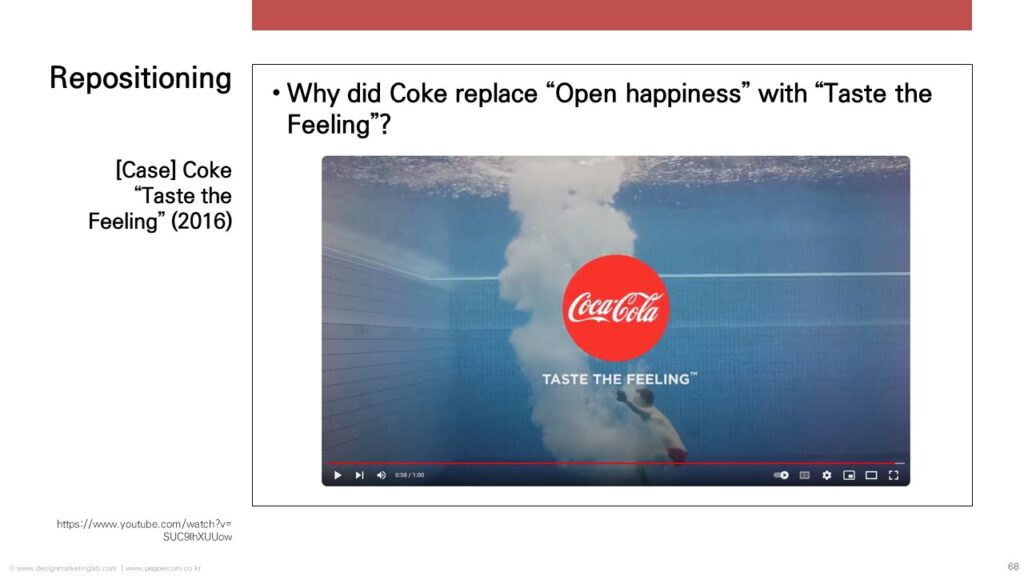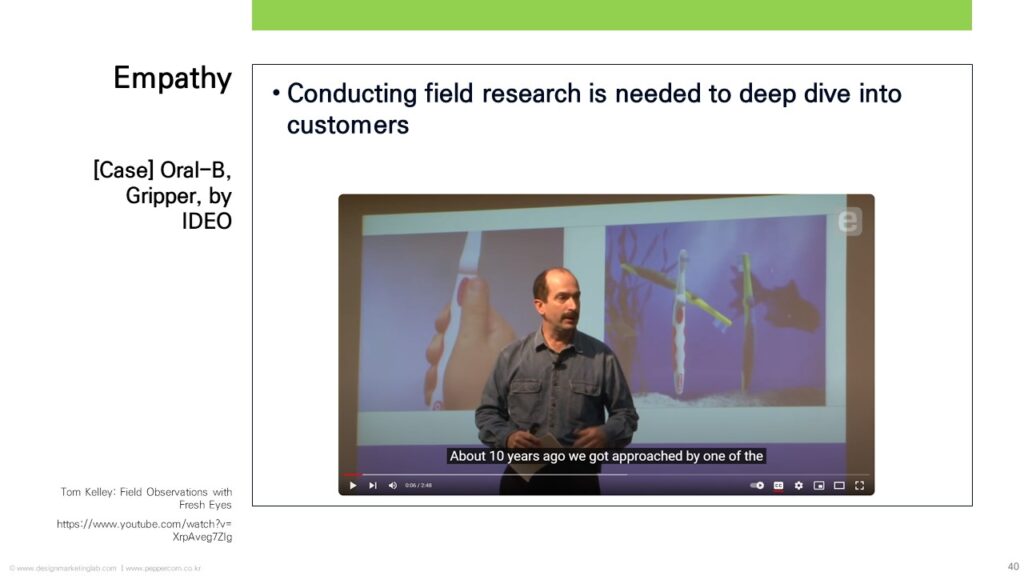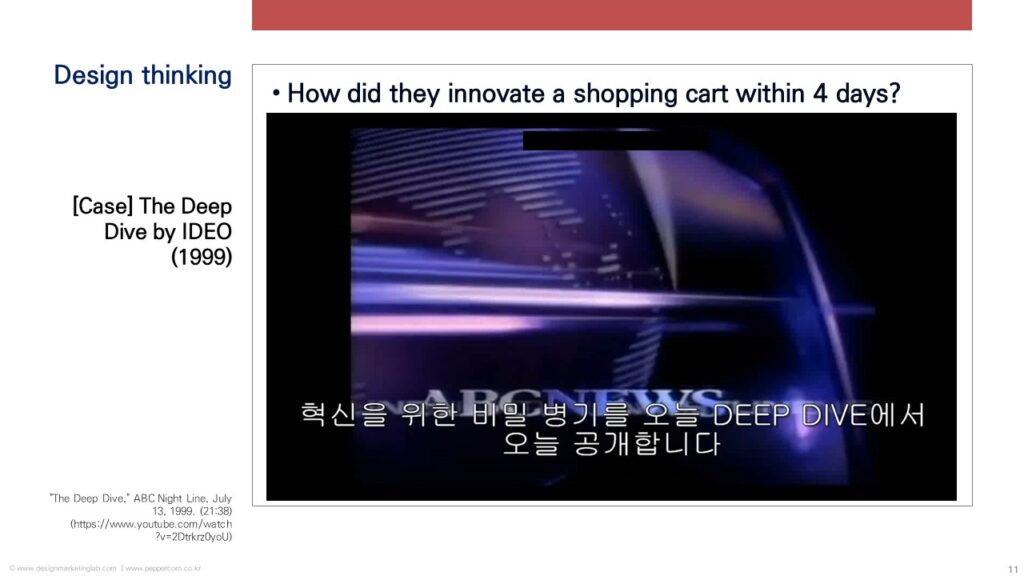Principles of marketing
[Overview] You will learn the key techniques and application examples of traditional marketing after reviewing its concepts and processes. You will also learn about new marketing approaches and techniques that leading companies and startups are adopting to adapt to the rapidly changing market environment.
[Objectives] Marketing activities are broken down into research, strategy, and execution. You will learn the necessary mindsets and commonly used techniques for each stage. Additionally, you will study topics and techniques that are currently important in the marketing industry so that you can acquire the capabilities needed to immediately become a marketer in the real world.
“Professor interacts with us a lot during every lesson, so that the class atmosphere is dynamic all the time. It is not that we just sit and hear the professor, in this class, students and professor communicate, which helps me to release the burden of being an international student among Korean friends. Also, I highly appreciate professor’s dedication to teaching us. He cares about what we want to know about and whether we understand the lesson or not. He also put alot of effort into arranging the lesson outside the class and making opportunities for us to bond.
BUT what I am impressive the most is: he can connect practical working project with academic research. So that, in his lesson, we can both learn marketing in real-life application and academia.” (2025 fall)“이번 학기의 제일 재밋있는 수업이었습니다. Marketing project 그리고 researching 절차를 잘 알게 되었고 여러방법으로 (대면, 비대면, 야외수업까지) 수업을 진행하었는데 많은것을 배우게 되었습니다. 교수님이 영어도 꾀 잘 하시는 분이라 외국인학생으로써 되게 편했습니다.” (2025 fall)
Design marketing
[Overview] You will learn the emergence and the evolution of design thinking after reviewing the concepts and processes of traditional marketing. You will learn the different thought-worlds between designers and marketers when they conduct research, develop strategy, and execute ideas.
[Objective] Differently than a marketing approach, a design approach is characterized as empathic research, experience-oriented strategy, and experiment-based execution. You will learn the popular cases and commonly used techniques in each task.
Product development
[Overview] You will learn the Stage-Gate Model for the Fuzzy Front End stage, which is the early phase of the new product development process where the design, R&D, and marketing departments within a company collaborate. This course is designed to provide students with competence with a set of tools, awareness of the role of multiple functions, and ability to coordinate multiple and interdisciplinary tasks to achieve a common objective.
[Objectives] You will learn the steps proposed in the Stage-Gate Model. They include opportunity discovery, product planning, investigating customer needs, concept development, concept testing, and creating reports (Cooper, Robert G. (1986). Winning at new products. Addison-Wesley. / Ulrich, Karl and Steven Eppinger (2012), Product Design and Development, 5th edition, McGraw-Hill/Irwin.)
Design thinking
[Overview] You will learn design thinking from a marketing perspective. You will understand the traditional approaches used by marketers and comprehend their problems, then consider design thinking as an alternative to solve those problems.
[Objectives] You will have hands-on experience of human-centered design methods such as ethnographic observation, personas, customer journey mapping, brainstorming, and prototyping. This course is designed for the design students who are interested in communicating with marketers or launching their own products or services.

 Click on image to go to answers
Click on image to go to answers

